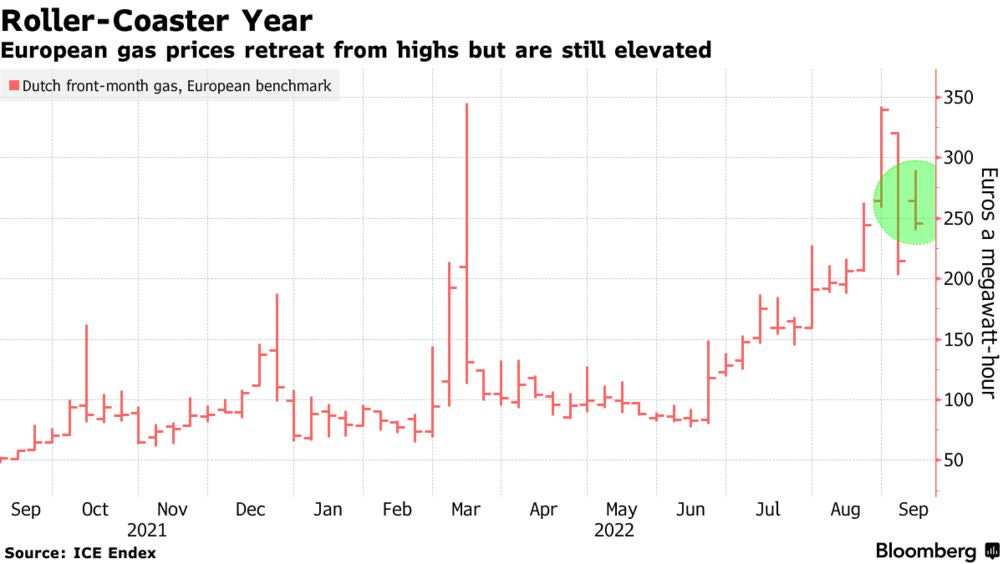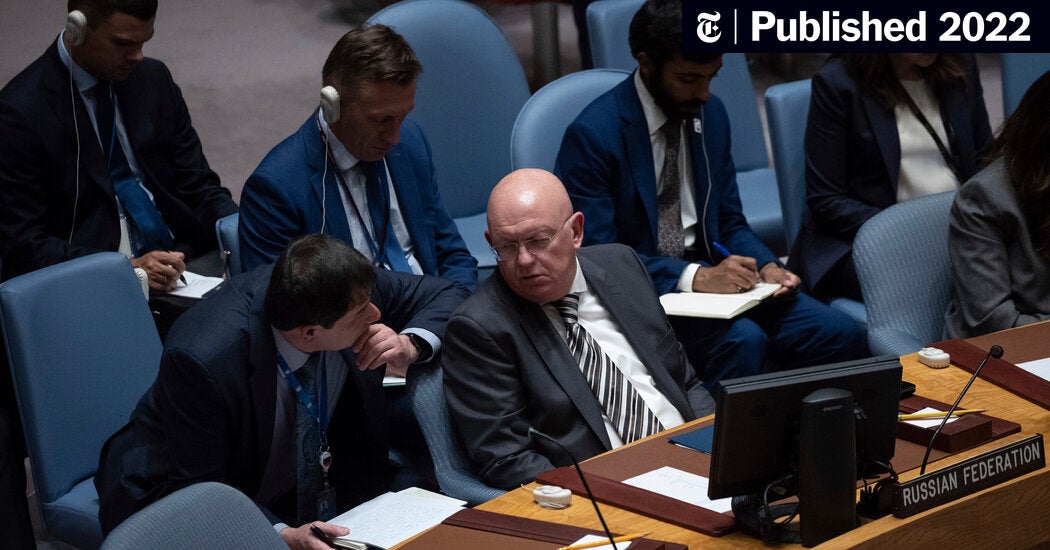Future Of Microsoft-Activision Merger Uncertain After FTC Appeal

Table of Contents
The FTC's Appeal and its Implications
The Federal Trade Commission (FTC) filed an appeal challenging the completion of the Microsoft-Activision Blizzard merger, citing concerns about reduced competition and market dominance. The FTC argues that Microsoft's acquisition of Activision Blizzard, a major game publisher, would stifle competition, particularly in the console gaming market. This concern is fueled by the potential for Microsoft to leverage its ownership of Activision Blizzard’s valuable game franchises to gain an unfair advantage.
- Specific Games: The FTC's arguments heavily feature Call of Duty, highlighting its massive popularity and the potential for Microsoft to make it exclusive to Xbox consoles or its Game Pass subscription service, harming competitors like Sony's PlayStation.
- Impact on Other Developers: The merger's outcome could set a precedent influencing future mergers and acquisitions in the gaming industry, affecting both large publishers and smaller independent developers. It could potentially lead to less innovation and higher prices for consumers.
- Legal Arguments: The FTC's legal arguments center around the potential for anti-competitive practices, arguing that Microsoft's market power, combined with Activision Blizzard's portfolio of popular games, would harm consumers and limit competition.
The legal battles surrounding the Microsoft-Activision merger are expected to be protracted and expensive for both parties. The uncertainty surrounding the outcome creates considerable financial risk, impacting stock prices and investor confidence.
Microsoft's Response and Counterarguments
Microsoft has vigorously defended the merger, arguing that it will benefit consumers and enhance competition. Their defense strategy centers around showcasing the benefits of the merger, including expanding access to popular games through Game Pass and investing in the development of Activision Blizzard's existing franchises.
- Proposed Concessions: Microsoft has offered several concessions to address the FTC's concerns, including licensing Call of Duty to competitors for a significant period. They argue this demonstrates their commitment to maintaining competition.
- Benefits for Consumers: Microsoft highlights the expansion of Game Pass, increased accessibility to games, and potential advancements in game development as major benefits for players. They emphasize the commitment to supporting various platforms, not just Xbox.
- Maintaining Competition: Microsoft contends that the merger will actually foster competition by enhancing their ability to compete with other major players in the gaming industry.
The strength of Microsoft's arguments hinges on their ability to convince the court that the concessions offered effectively address the FTC's anti-competitive concerns. Public opinion, shaped by media coverage and player sentiment, could also significantly influence the court's decision.
The Wider Implications for the Gaming Industry
The FTC's appeal has far-reaching implications for the future of mergers and acquisitions in the gaming sector. The outcome will establish a crucial precedent influencing future regulatory decisions.
- Impact on Other Gaming Companies: Other large gaming companies considering mergers or acquisitions are closely watching this case. The outcome will significantly influence their strategic decisions and risk assessments.
- Regulatory Landscape: This case will reshape the regulatory landscape, potentially leading to stricter scrutiny of future mergers in the gaming industry and potentially other tech sectors.
- Impact on Smaller Studios: The case raises concerns about the potential for reduced competition and less opportunity for smaller, independent game studios to thrive in a market dominated by mega-corporations.
The Role of International Regulatory Bodies
The Microsoft-Activision merger is not solely subject to US regulations. International regulatory bodies, such as the European Commission, have also weighed in. Their differing approaches and decisions could significantly affect the deal's fate.
- Specific Regulatory Bodies: The European Union's regulatory body has conducted its own investigation, raising concerns, but ultimately approved the deal under certain conditions. Other countries may also have their own regulatory hurdles for the deal.
- Differences in Approach: Regulatory bodies in different regions might have varying interpretations of antitrust laws and competitive concerns. This divergence in approach adds further complexity to the overall situation.
- Global Impact: The combined effect of international regulatory decisions could ultimately determine whether the merger proceeds as planned or is significantly altered.
Potential Outcomes and Predictions
Several potential outcomes exist for the Microsoft-Activision merger appeal.
- Successful FTC Appeal: The FTC could successfully block the merger, forcing Microsoft to abandon the acquisition.
- Dismissal of the Appeal: A court could dismiss the FTC's appeal, allowing the merger to proceed as planned.
- Negotiated Settlement: Microsoft and the FTC might reach a negotiated settlement involving concessions from Microsoft to address antitrust concerns.
Predicting the most likely outcome is challenging. While the FTC has a strong case based on preventing monopolies, Microsoft's concessions and arguments could sway the court. Given the precedent-setting nature of the case, a lengthy legal battle and multiple appeals remain possible.
Conclusion
The future of the Microsoft-Activision merger remains highly uncertain due to the FTC's appeal. The potential implications extend far beyond the two companies, impacting the broader gaming industry and the future application of antitrust regulations. This legal battle will significantly shape the landscape of gaming acquisitions and the power dynamics within the industry. Stay tuned for further updates on the Microsoft-Activision merger and its impact on the future of gaming. Continue following this developing story to understand how this legal battle will shape the landscape of the gaming industry and the future of major game acquisitions.

Featured Posts
-
 Is A New Cold War Inevitable Analyzing The Deterioration Of U S China Relations
Apr 22, 2025
Is A New Cold War Inevitable Analyzing The Deterioration Of U S China Relations
Apr 22, 2025 -
 Us Pushes Peace Plan As Russia Unleashes Devastating Air Raids On Ukraine
Apr 22, 2025
Us Pushes Peace Plan As Russia Unleashes Devastating Air Raids On Ukraine
Apr 22, 2025 -
 New Court Battle Doj Escalates Fight Against Googles Search Dominance
Apr 22, 2025
New Court Battle Doj Escalates Fight Against Googles Search Dominance
Apr 22, 2025 -
 Death Of Pope Francis A World Mourns A Compassionate Leader
Apr 22, 2025
Death Of Pope Francis A World Mourns A Compassionate Leader
Apr 22, 2025 -
 Remembering Pope Francis His Contributions To A More Compassionate World
Apr 22, 2025
Remembering Pope Francis His Contributions To A More Compassionate World
Apr 22, 2025
